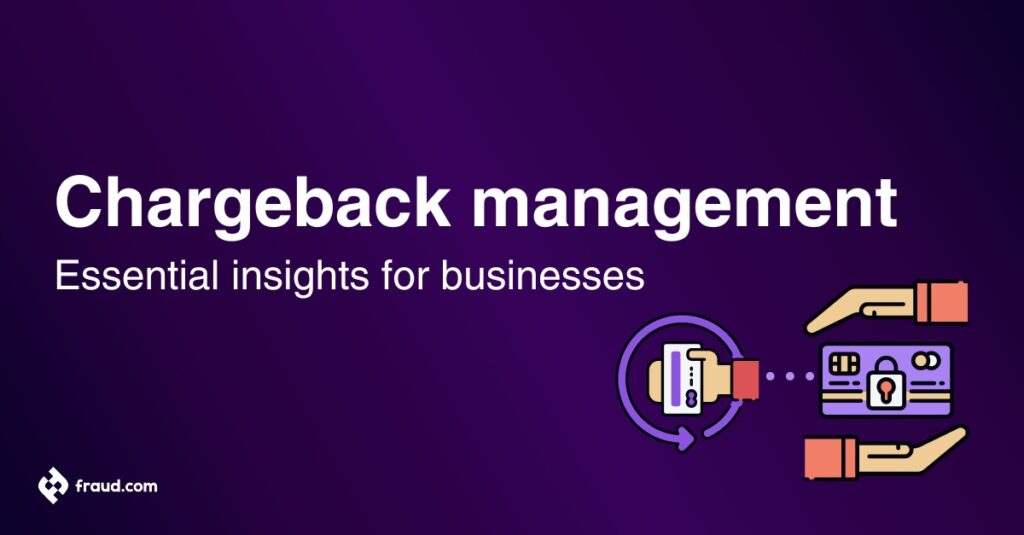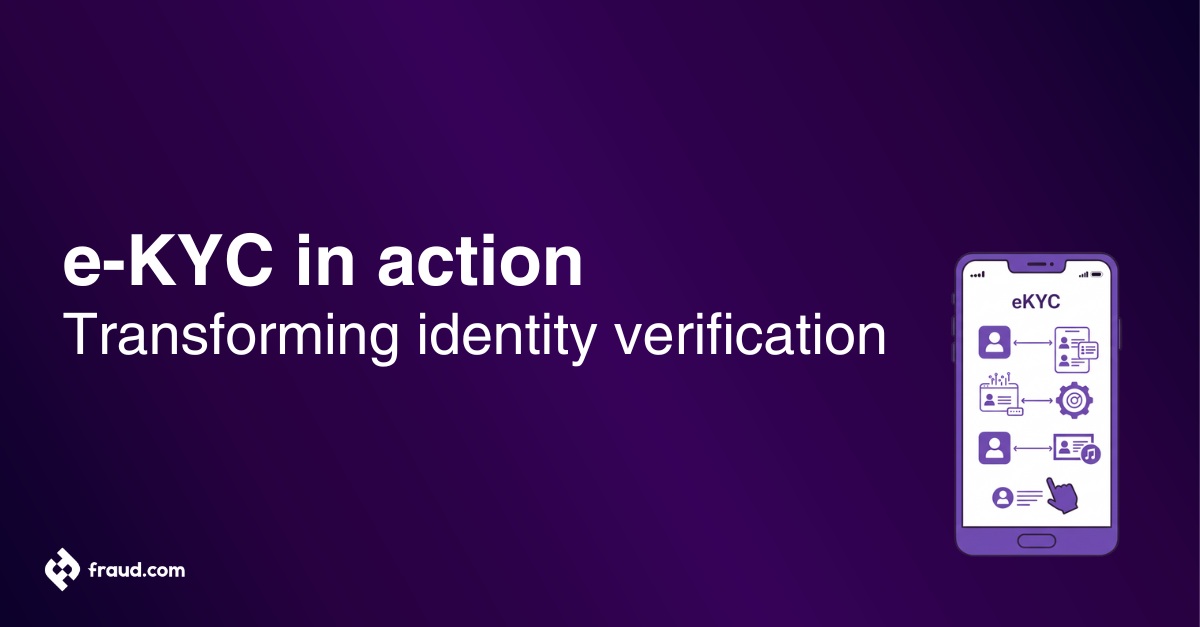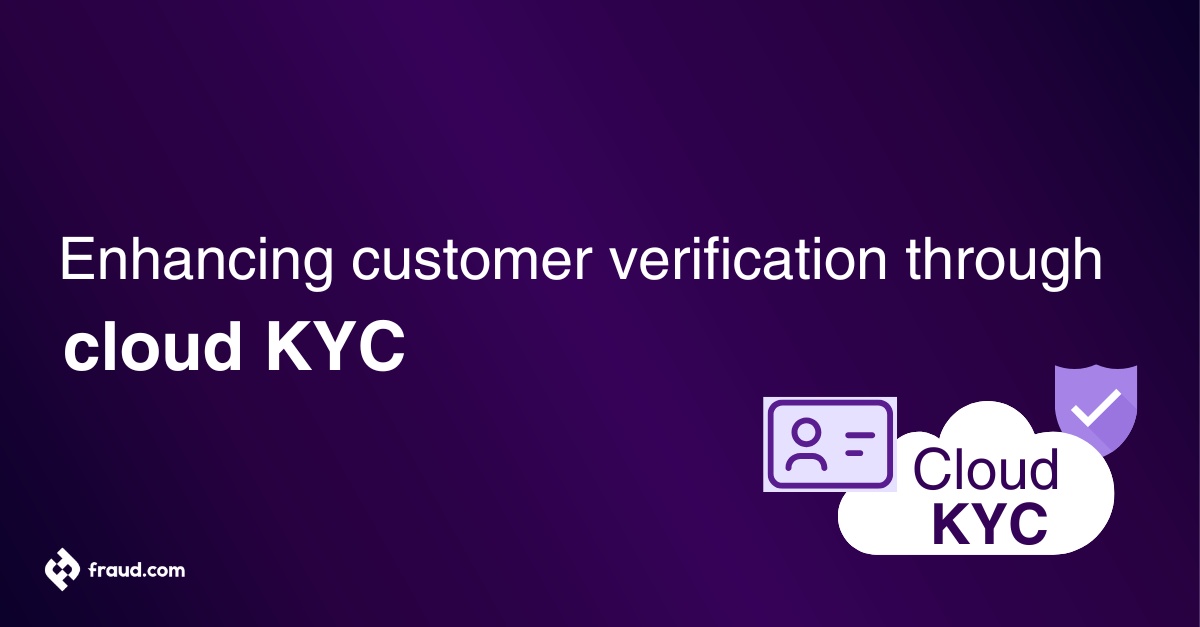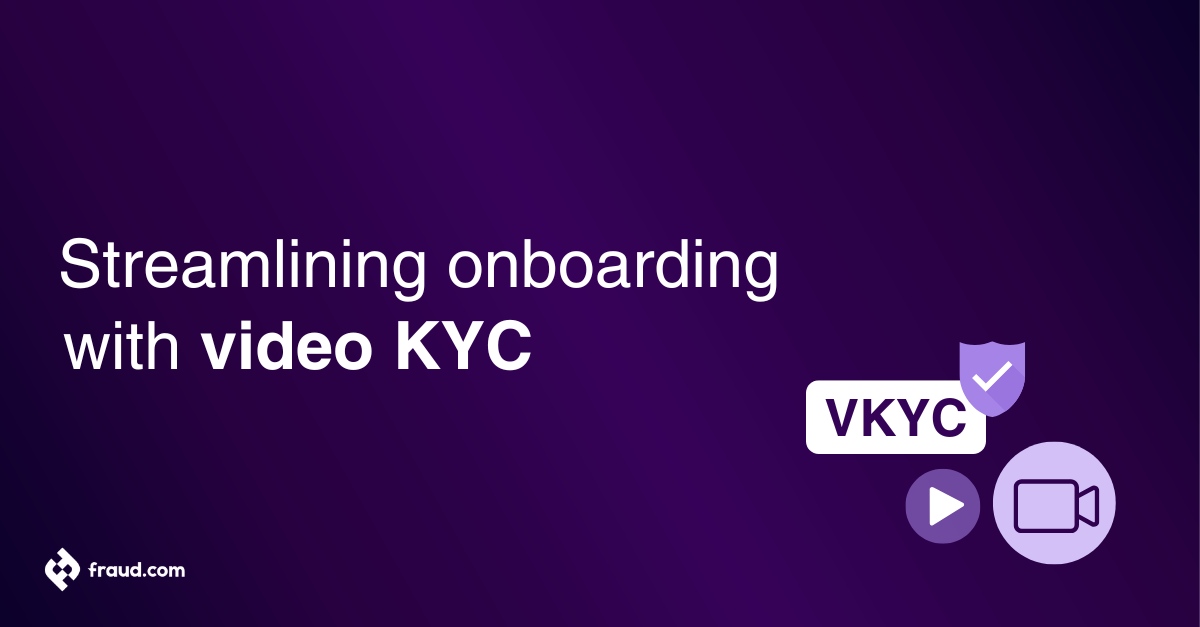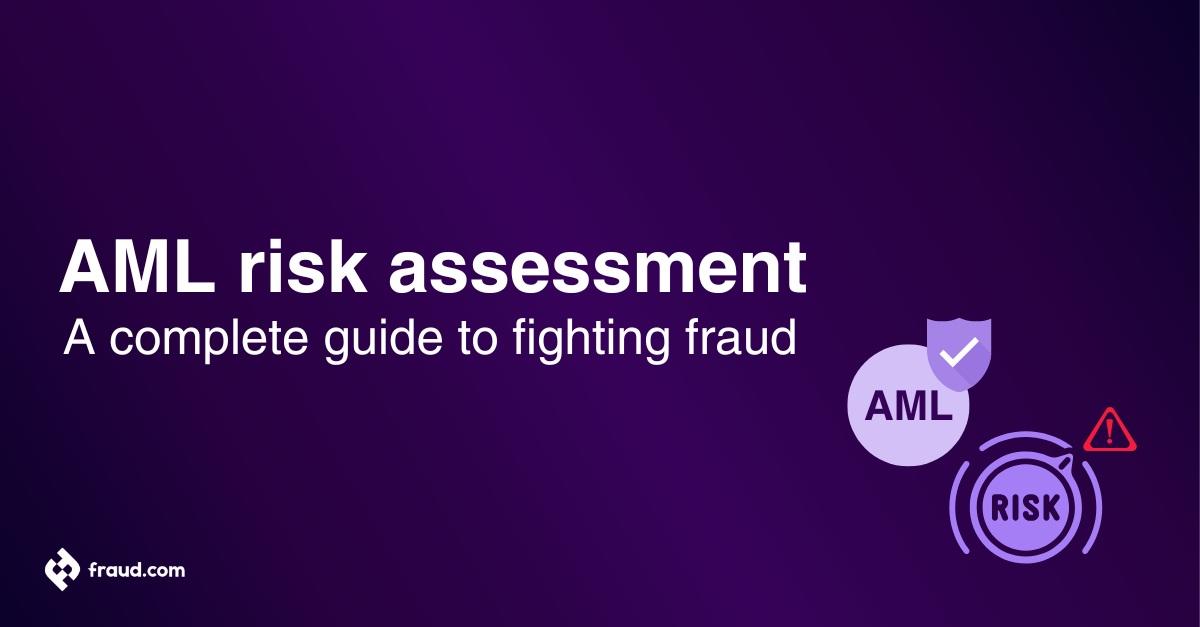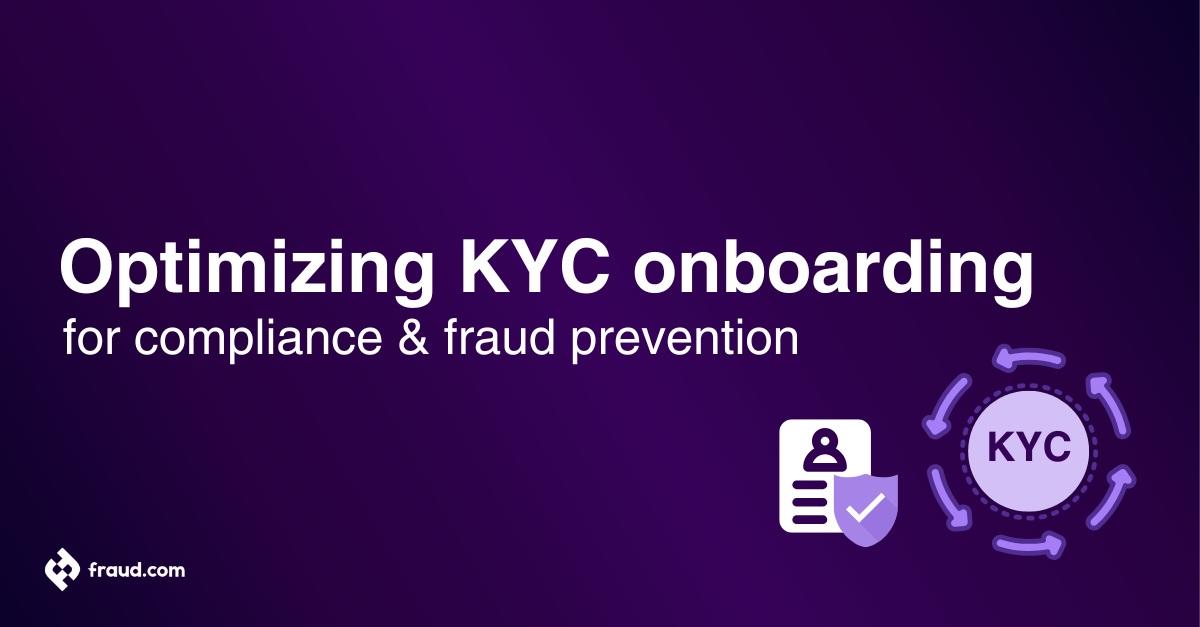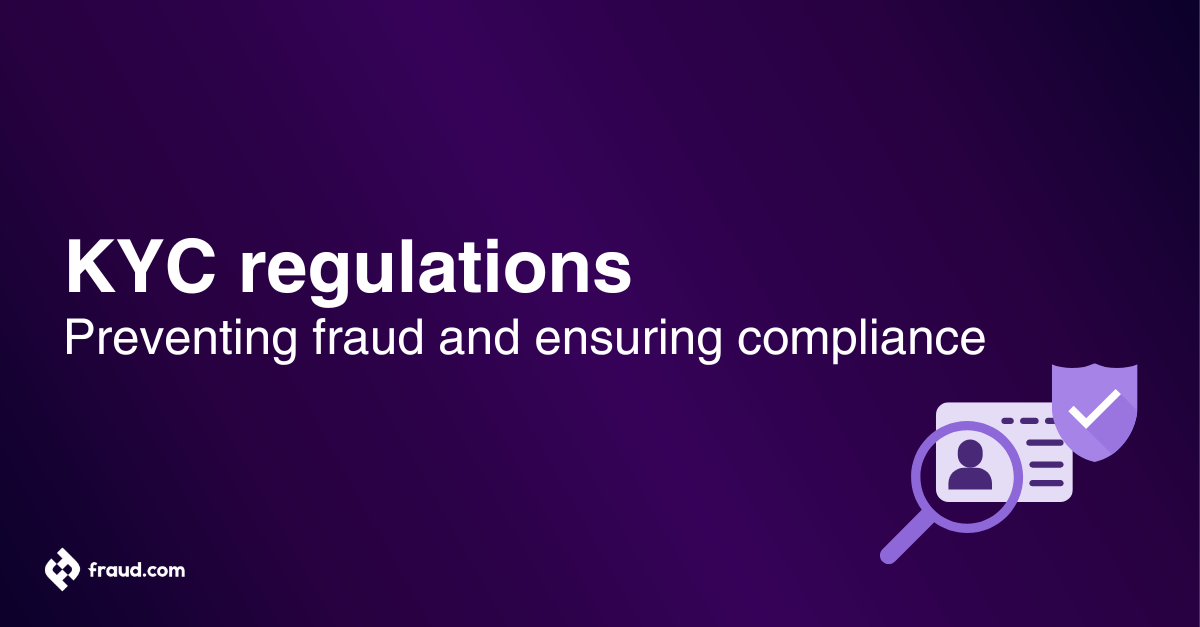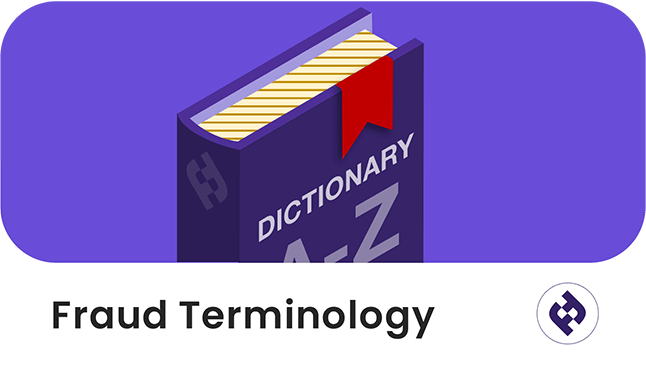In today’s fast-paced commerce and banking world, chargebacks are unavoidable and create significant influence over financial stability, operational efficiency, brand credibility and customer trust. Mastering chargeback management is crucial for businesses to thrive in this competitive landscape.
This article provides a comprehensive overview of chargeback management, offering insights tailored to businesses of all sizes. By dissecting chargeback processes, highlighting their impacts, and presenting prevention and resolution strategies, we aim to equip businesses with the knowledge and tools needed to navigate this terrain effectively and safeguard their financial health and reputation.
Table of Contents
ToggleWhat are chargebacks?
Chargebacks are reversals of bank card transactions initiated by customers through their card issuers, serving as a consumer protection mechanism. They allow individuals to dispute a charge or transactions for reasons like unauthorized purchases, dissatisfaction, or suspected chargeback fraud. Despite appearing as mere financial setbacks, chargebacks can greatly impact a business’s financial stability, operational efficiency, and brand reputation. Mastering chargeback and dispute management is essential for all businesses to mitigate risks and safeguard against potential losses.
What is chargeback management?
Chargeback management is how businesses systematically address and mitigate transactional chargeback disputes initiated by customers through their payment card issuers. These disputes stem from scenarios like unauthorized transactions, dissatisfaction, or fraud.
Effective chargeback management combines technology, analytics, and operational protocols to streamline chargeback dispute resolution, enhance transactional security, and maintain customer trust. By navigating chargeback management with diligence, businesses protect their bottom line and foster customer loyalty.
Building a chargeback management framework
Building an effective chargeback management framework is crucial for businesses to address transactional disputes, minimize losses, and maintain customer trust. Here’s a streamlined approach:
Risk assessment and prevention strategies:
- Conduct a thorough risk assessment to identify payment processing vulnerabilities.
- Implement proactive strategies to mitigate common triggers like unauthorized transactions and fraud.
- Adopt advanced fraud detection tools and encryption protocols to enhance security.
Clear policies and procedures:
- Establish transparent policies governing dispute resolution timelines and documentation requirements.
- Ensure all stakeholders are trained on chargeback processes.
- Communicate policies to customers for smoother resolution processes.
Data collection and analysis:
- Analyze transactional data to identify patterns and root causes of chargebacks.
- Automate data collection and analysis using chargeback management software for real-time transaction monitoring.
- Use insights to implement targeted interventions and reduce chargeback rates.
Effective communication and customer engagement:
- Maintain open communication channels with customers to address concerns and prevent misunderstandings.
- Provide accessible channels for issue reporting and dispute resolution.
- Engage customers proactively to build trust and loyalty.
Collaboration with payment partners and regulatory compliance:
- Collaborate with payment partners and stakeholders to navigate chargeback processes and ensure fair outcomes.
- Stay updated on regulatory requirements and industry standards for compliance.
- Regularly review and update practices to align with changing regulations and best practices.
By integrating these components into a streamlined framework, businesses can navigate chargeback complexities, minimize risks, and maintain their reputation for reliability and trustworthiness.
Using software to manage chargebacks
Today, transactions occur at lightning speed and consumer expectations are higher than ever, leveraging technology for chargeback management solutions is paramount for effective chargeback management. Chargeback management software offers businesses powerful tools and capabilities to streamline dispute resolution processes, enhance transactional security, and gain valuable insights into chargeback trends and patterns.
Here are some key ways in which businesses can harness the power of chargeback management tools to manage chargebacks more efficiently:
- Automated dispute handling: Software automates tasks like identifying cases and compiling evidence, saving time and ensuring consistent responses.
- Real-time monitoring and alerts: Advanced software detects fraud or dispute triggers as they happen, allowing proactive intervention to prevent escalation.
- Data analysis: Software aggregates and analyzes transactional data to identify trends and root causes, enabling targeted strategies for reducing chargeback rates.
- Integration with payment systems: Seamless integration with payment processing systems ensures accurate data access for streamlined dispute resolution.
- Case management and reporting: Software offers robust case management and reporting features, facilitating informed decision-making and continuous improvement efforts.
- Compliance and regulation: Software automates compliance checks, ensuring adherence to industry regulations and reducing the risk of penalties.
- Fully managed service: Ensures efficient resolution by expert teams. With real-time monitoring and seamless integration, the software provider would handle every aspect of the chargeback management processes.
Investing in chargeback management software helps businesses streamline operations, minimize financial losses, and improve customer satisfaction, making it essential for long-term success in today’s commerce landscape.
Benefits of using chargeback management software
Chargeback management software offers numerous advantages for businesses aiming to streamline operations and mitigate risks associated with transactional disputes:
- Efficiency and time savings: Automates dispute handling processes, reducing time and resources required for case management.
- Accuracy and consistency: Ensures precise and consistent dispute resolution, minimizing manual errors and maintaining compliance with regulations.
- Real-time monitoring and proactive intervention: Provides instant alerts for potential fraud or disputes, allowing businesses to intervene promptly and prevent financial losses.
- Data analysis and insights: Aggregates transactional data to identify trends and root causes, empowering businesses to implement targeted management strategies for reducing chargeback rates.
- Integration with payment systems: Seamlessly integrates with payment processing systems for accurate data access and streamlined communication, eliminating errors and ensuring up-to-date information.
- Improved customer satisfaction: Resolves disputes transparently and efficiently, enhancing customer trust and loyalty through proactive communication and prompt resolution.
- Enhanced fraud detection: Uses advanced algorithms to identify fraudulent activity, safeguarding businesses against financial losses and preserving brand credibility.
- Customizable reporting: Offers customizable reporting features for comprehensive analysis of chargeback metrics, trends, and outcomes, facilitating informed decision-making and continuous improvement efforts.
- Scalability and flexibility: Adapts to the evolving needs of businesses, scaling effortlessly with growth and accommodating changes in transaction volume and complexity.
By harnessing the capabilities of chargeback management software, businesses can streamline operations, reduce financial losses, enhance customer satisfaction, and ensure regulatory compliance, ultimately safeguarding their financial health and reputation in today’s competitive marketplace.
Chargeback management with fcase
fcase offers a comprehensive solution to streamline chargeback management. With automated data collection and comprehensive reporting, businesses can efficiently gather and analyze chargeback dispute data, monitor chargeback rates, and simplify case resolution. By enabling self-service inquiry resolution and offering intuitive features, fcase reduces operational costs and enhances ease of use.
With automation, seamless data integration, insightful reporting, and customization options, fcase empowers businesses to take control of their chargeback processes, saving time, resources, and ensuring peace of mind. Say goodbye to manual hassles and welcome the future of chargeback management with fcase.
Moreover, with ongoing support and updates, businesses can stay ahead of industry trends and regulatory changes, maintaining compliance and optimizing their chargeback management strategies for long-term success. Choose fcase for a seamless, cost-effective, and reliable approach to chargeback management.
FAQs about chargeback management
| Question | Answer |
|---|---|
| What are chargebacks? | Chargebacks are reversals of bank card transactions initiated by customers through their card issuers, serving as a consumer protection mechanism. |
| What is chargeback management? | Chargeback management is how businesses systematically address and mitigate transactional disputes initiated by customers through their payment card issuers. |
| What is a chargeback management framework? | A chargeback management framework is a structured approach that businesses adopt to effectively address transactional disputes, minimize losses, and maintain customer trust. |
| Why is chargeback management important for businesses? | Chargeback management is crucial for businesses to protect themselves against financial fraud and risks, maintain operational efficiency, and preserve brand credibility. |
| How can businesses benefit from using chargeback management software? | Businesses can benefit from chargeback management software by streamlining dispute resolution processes, enhancing transactional security, gaining valuable insights, ensuring compliance, and improving customer satisfaction. |

